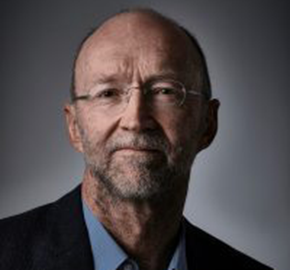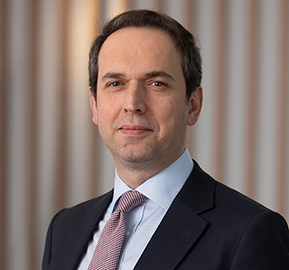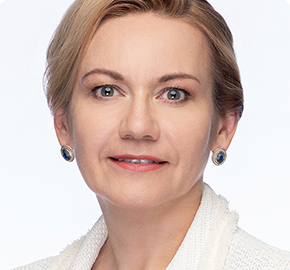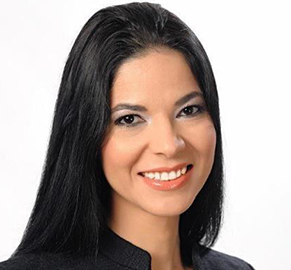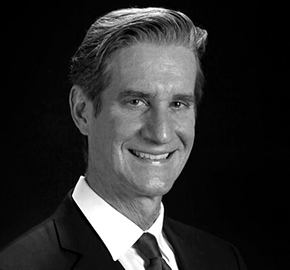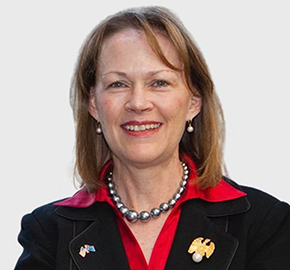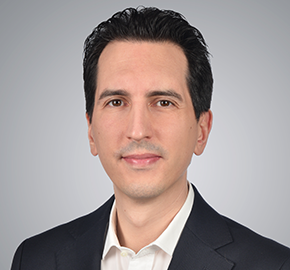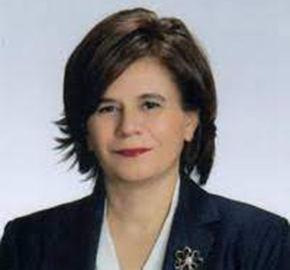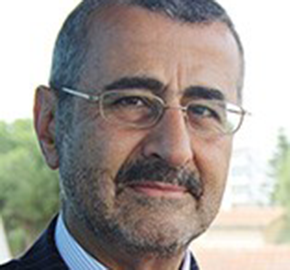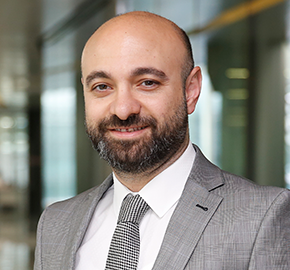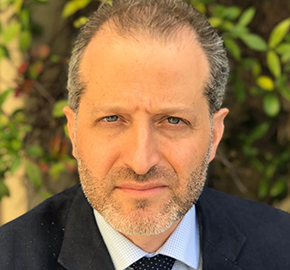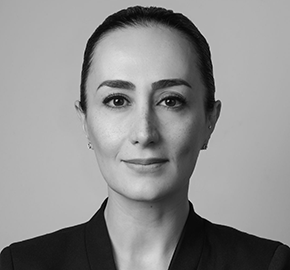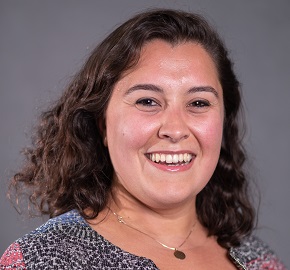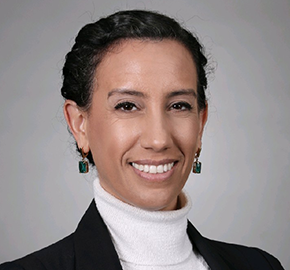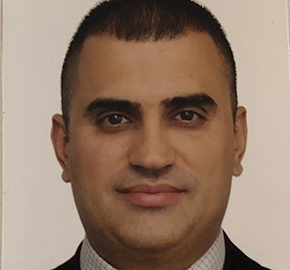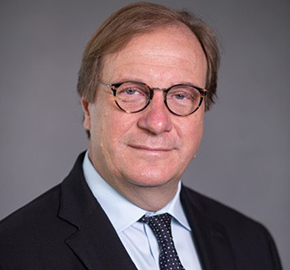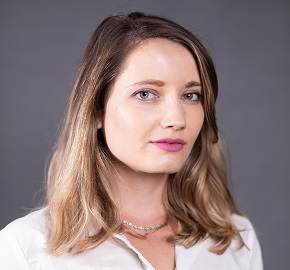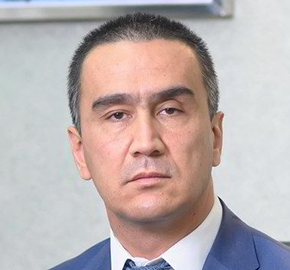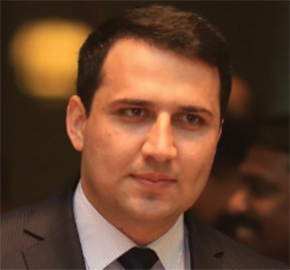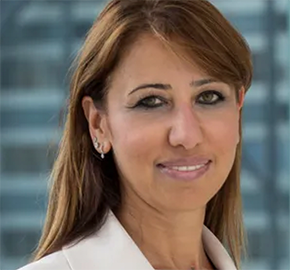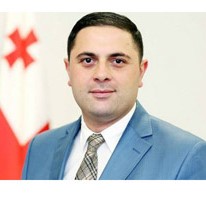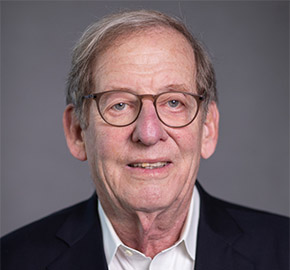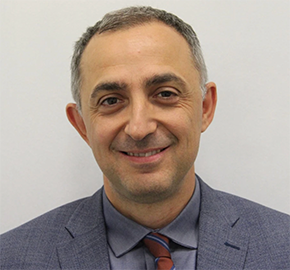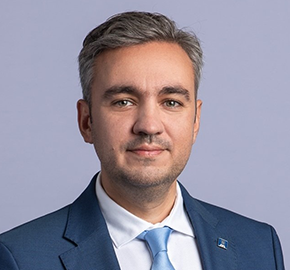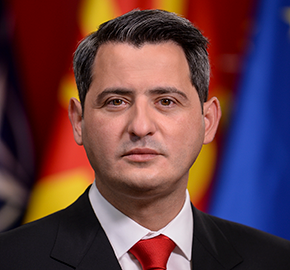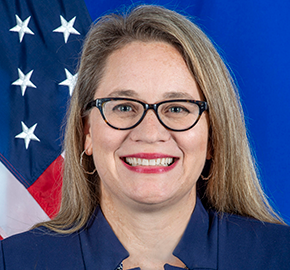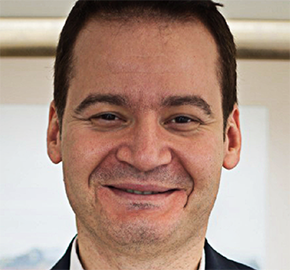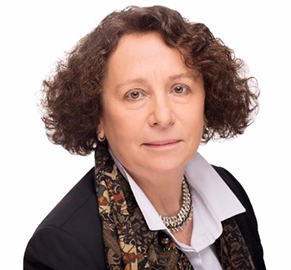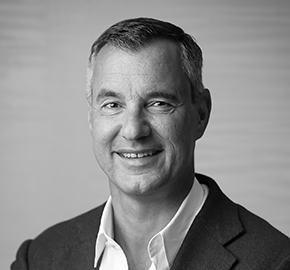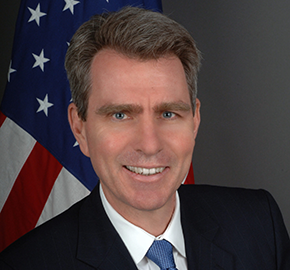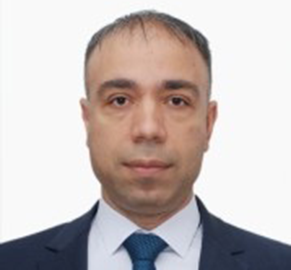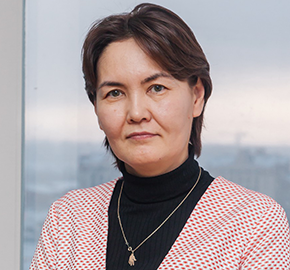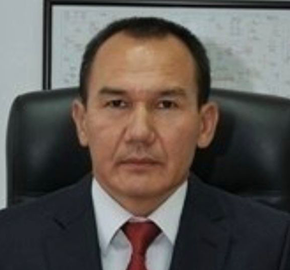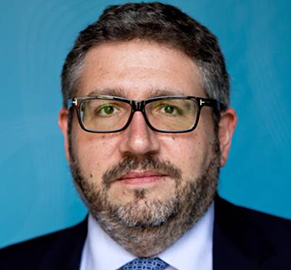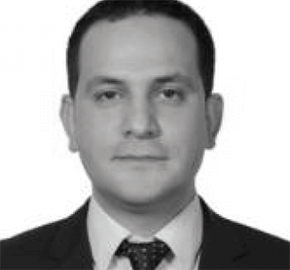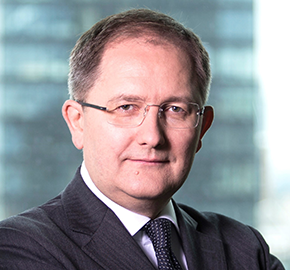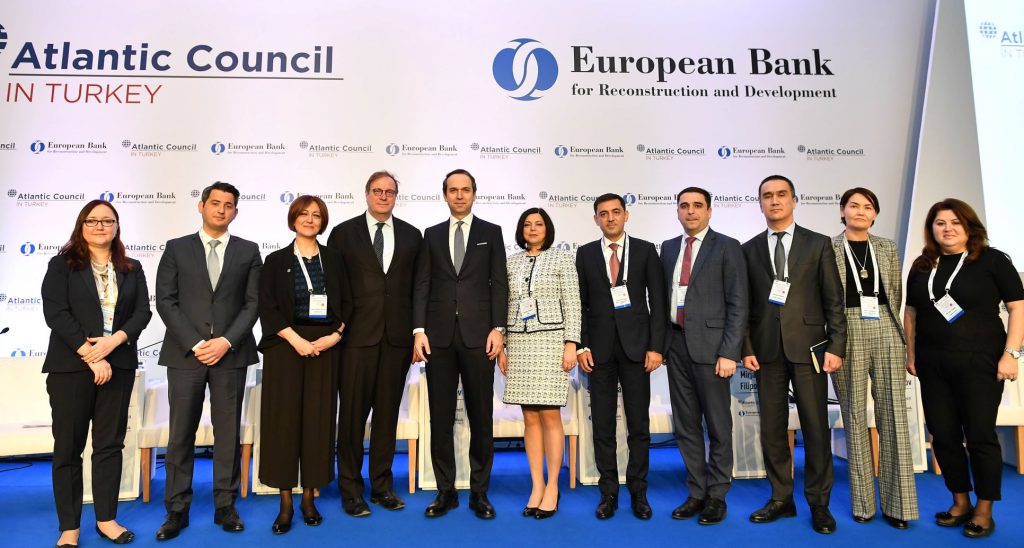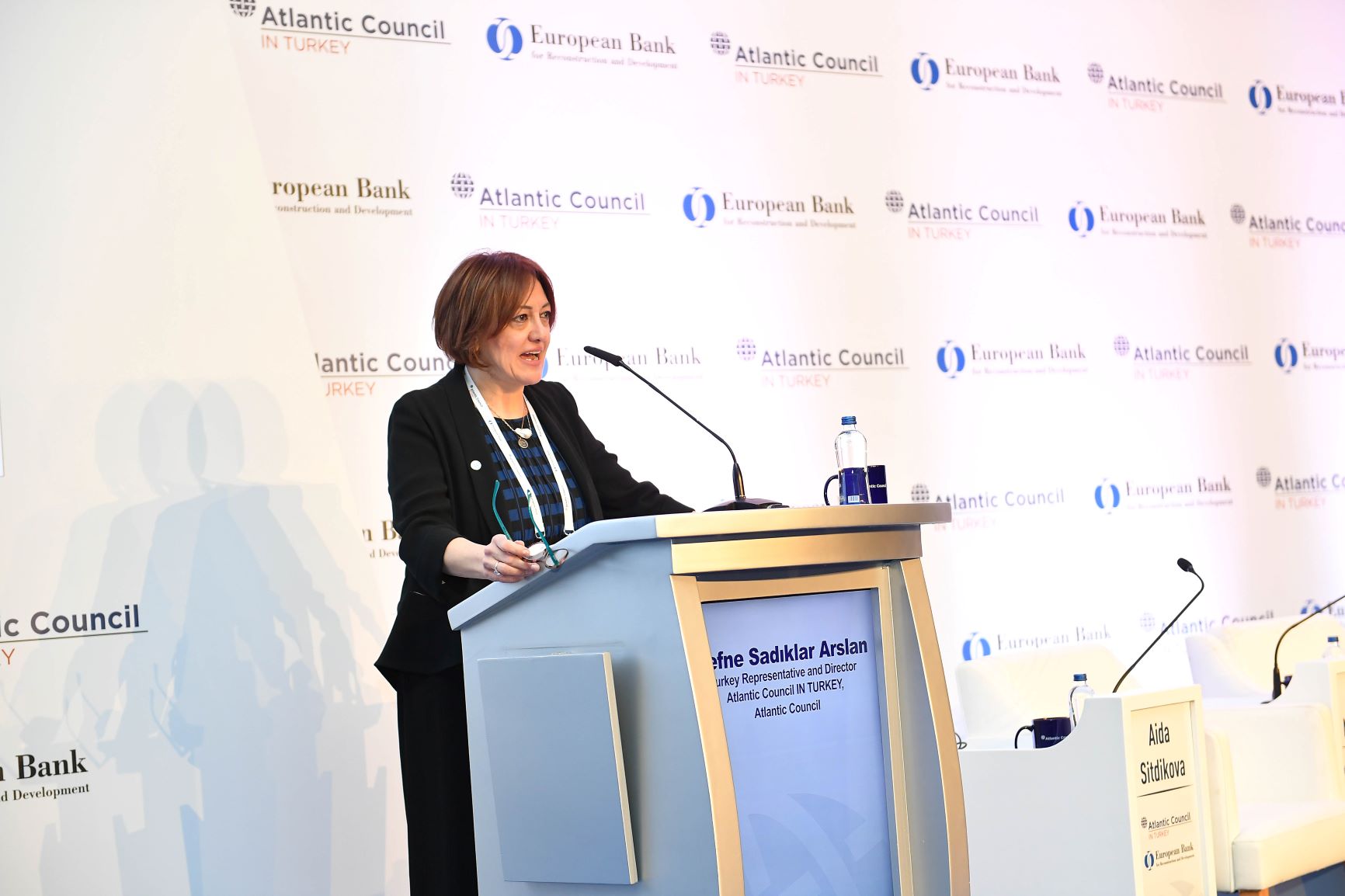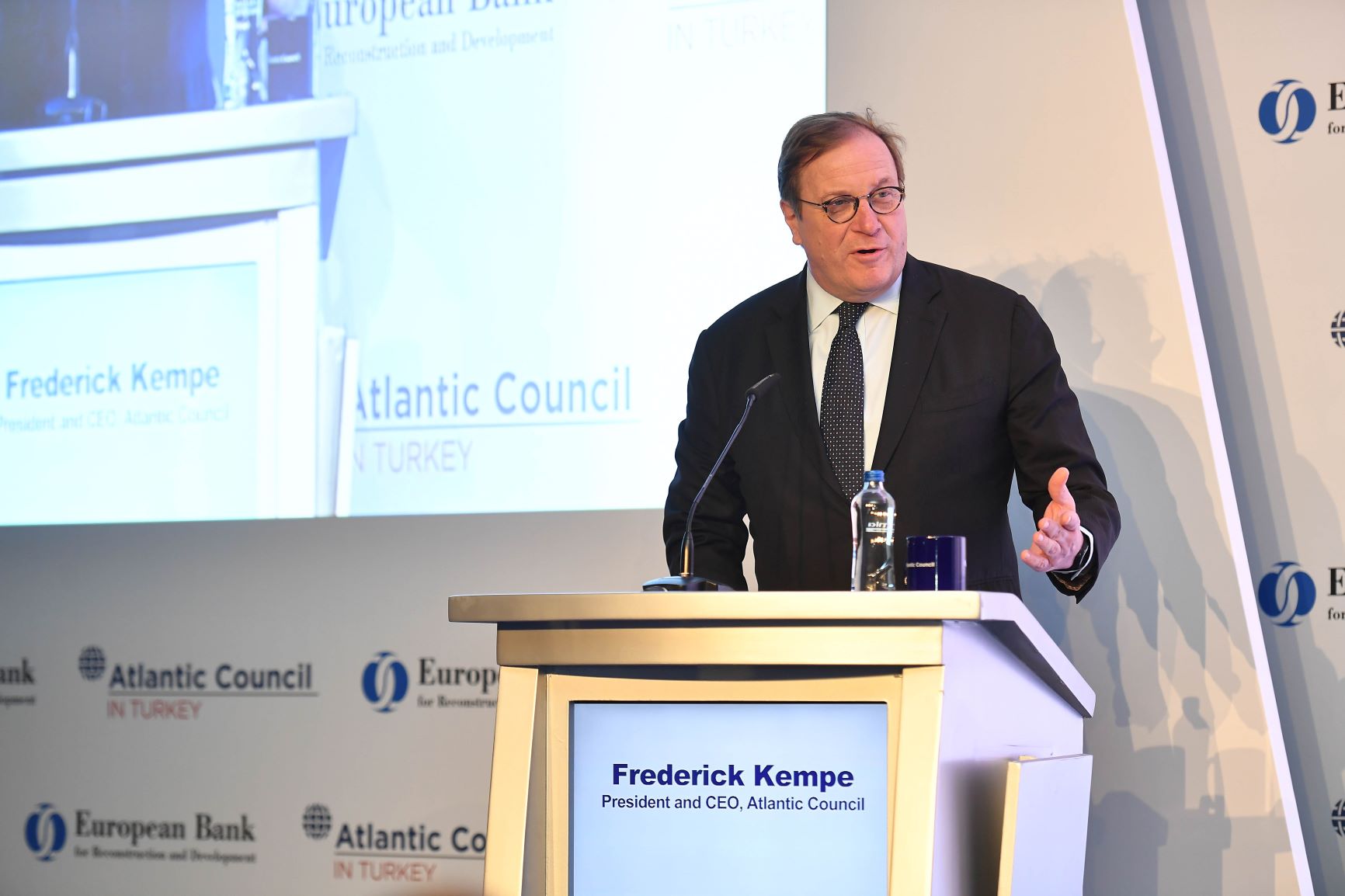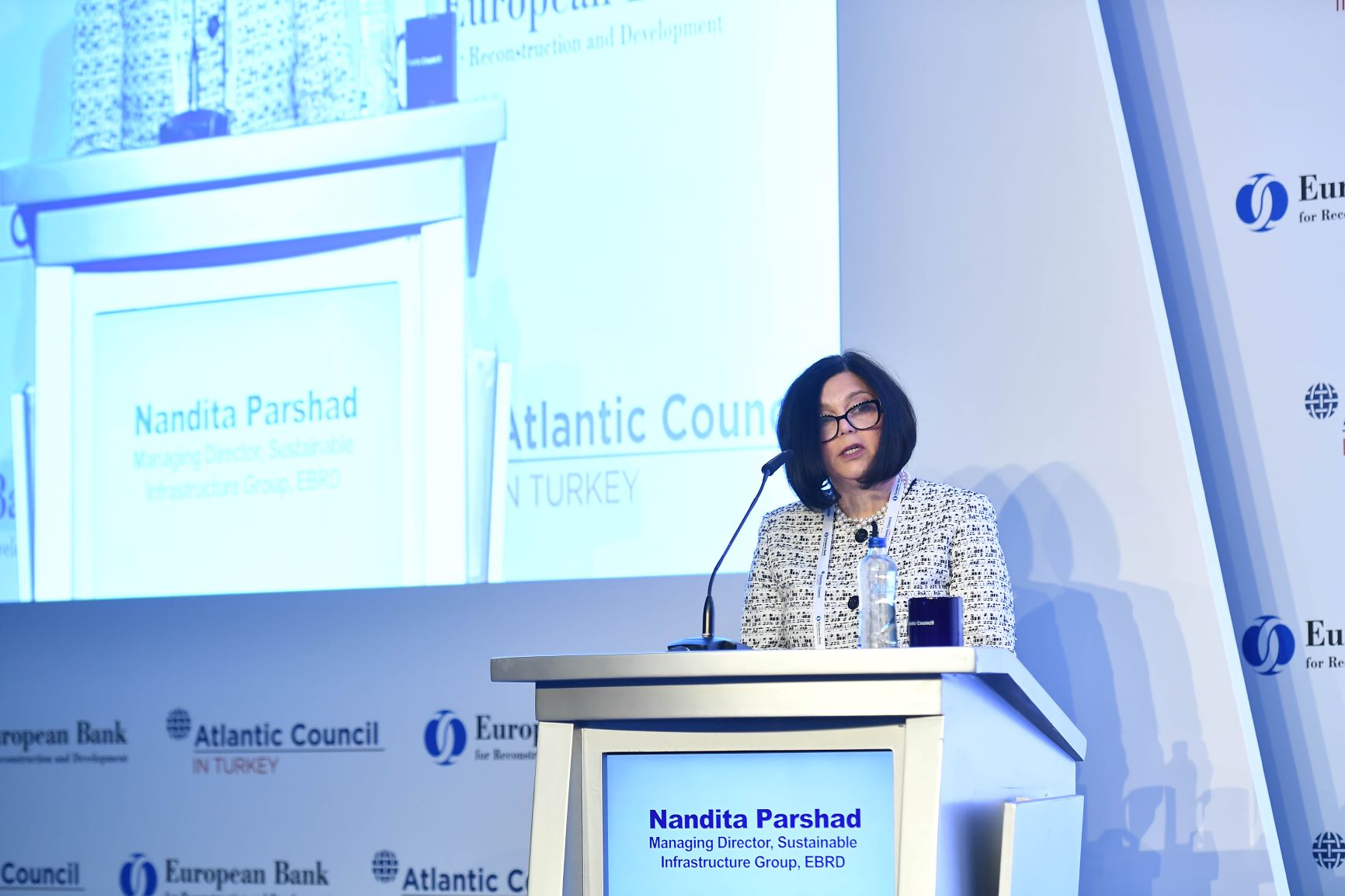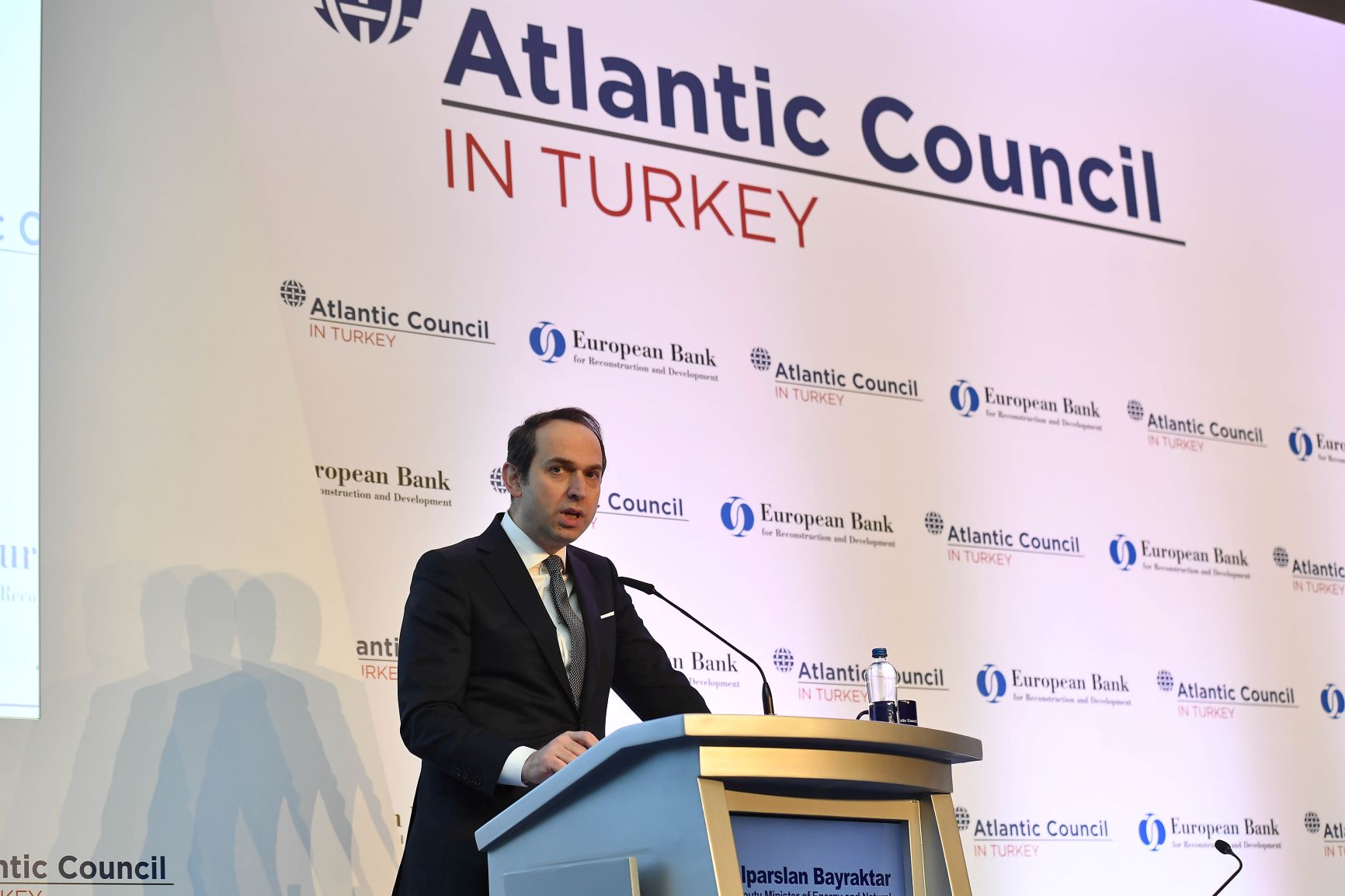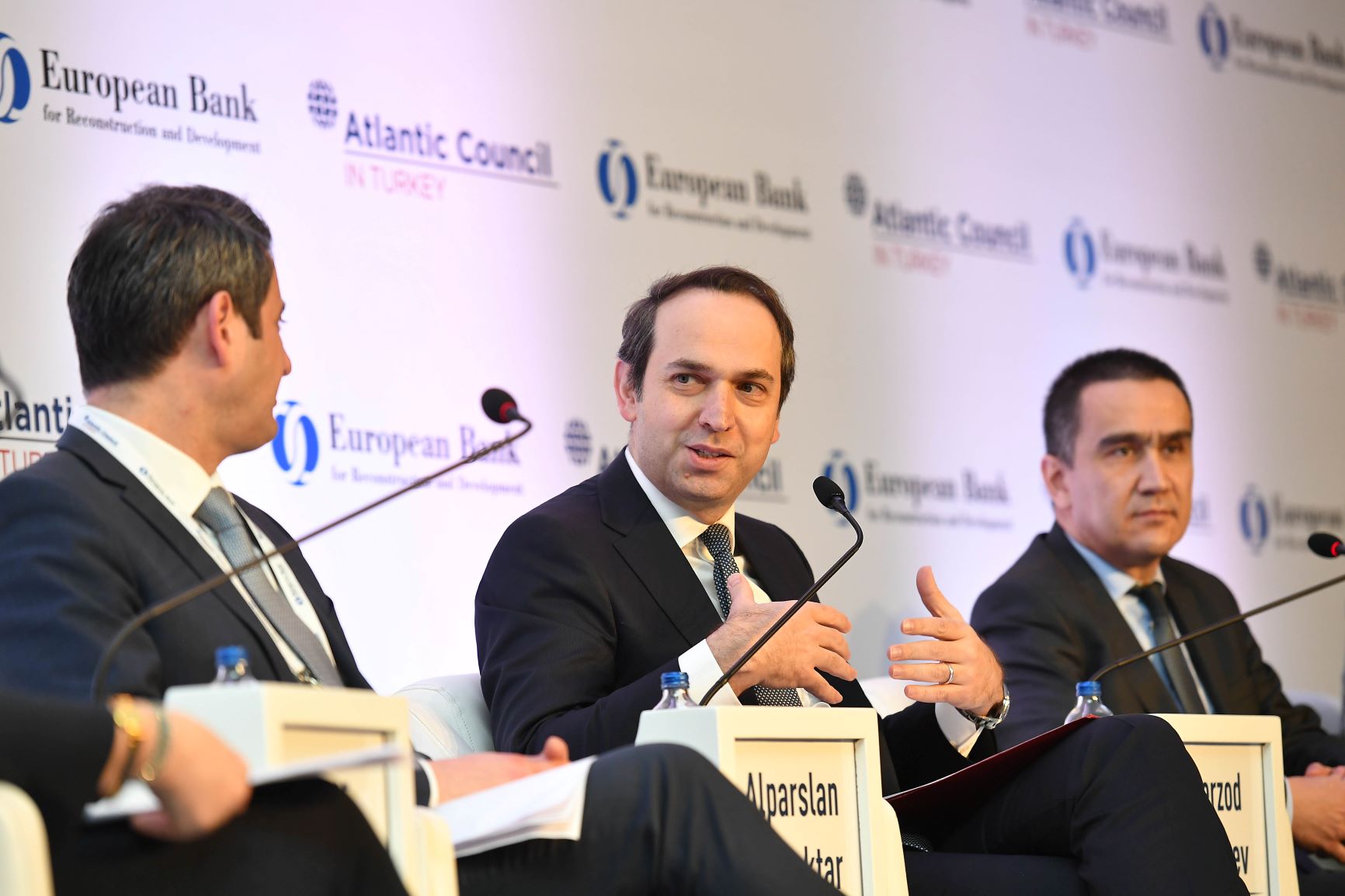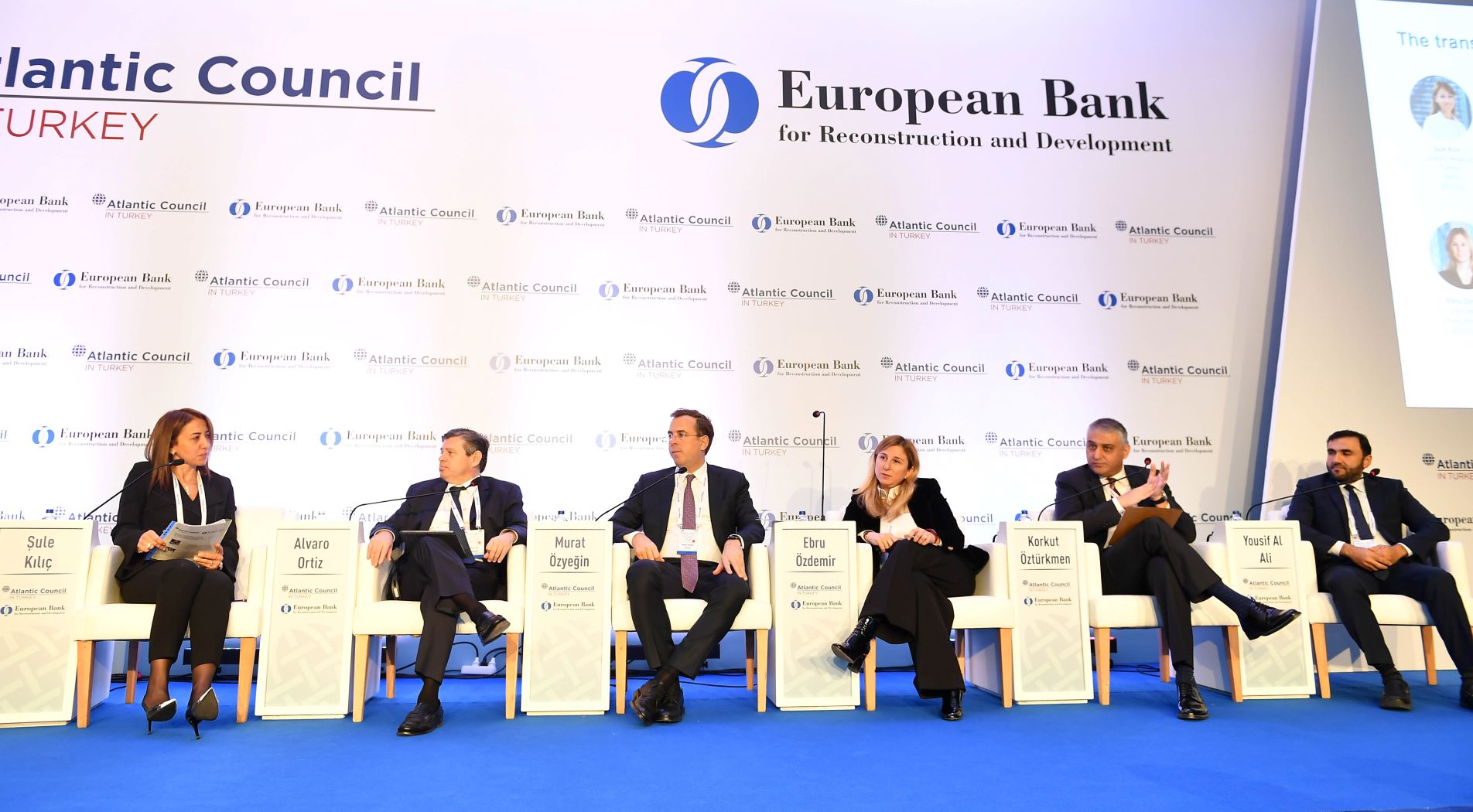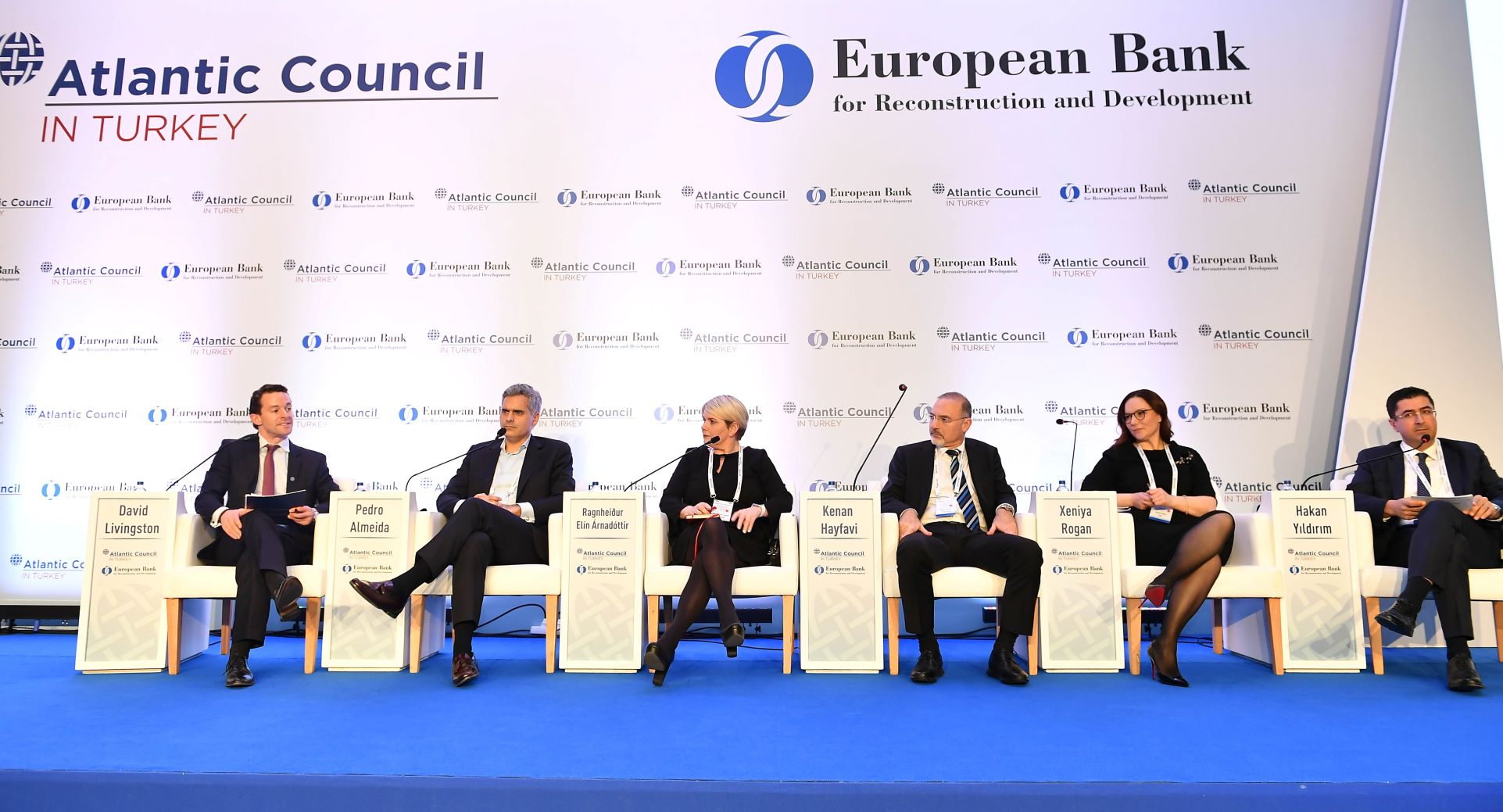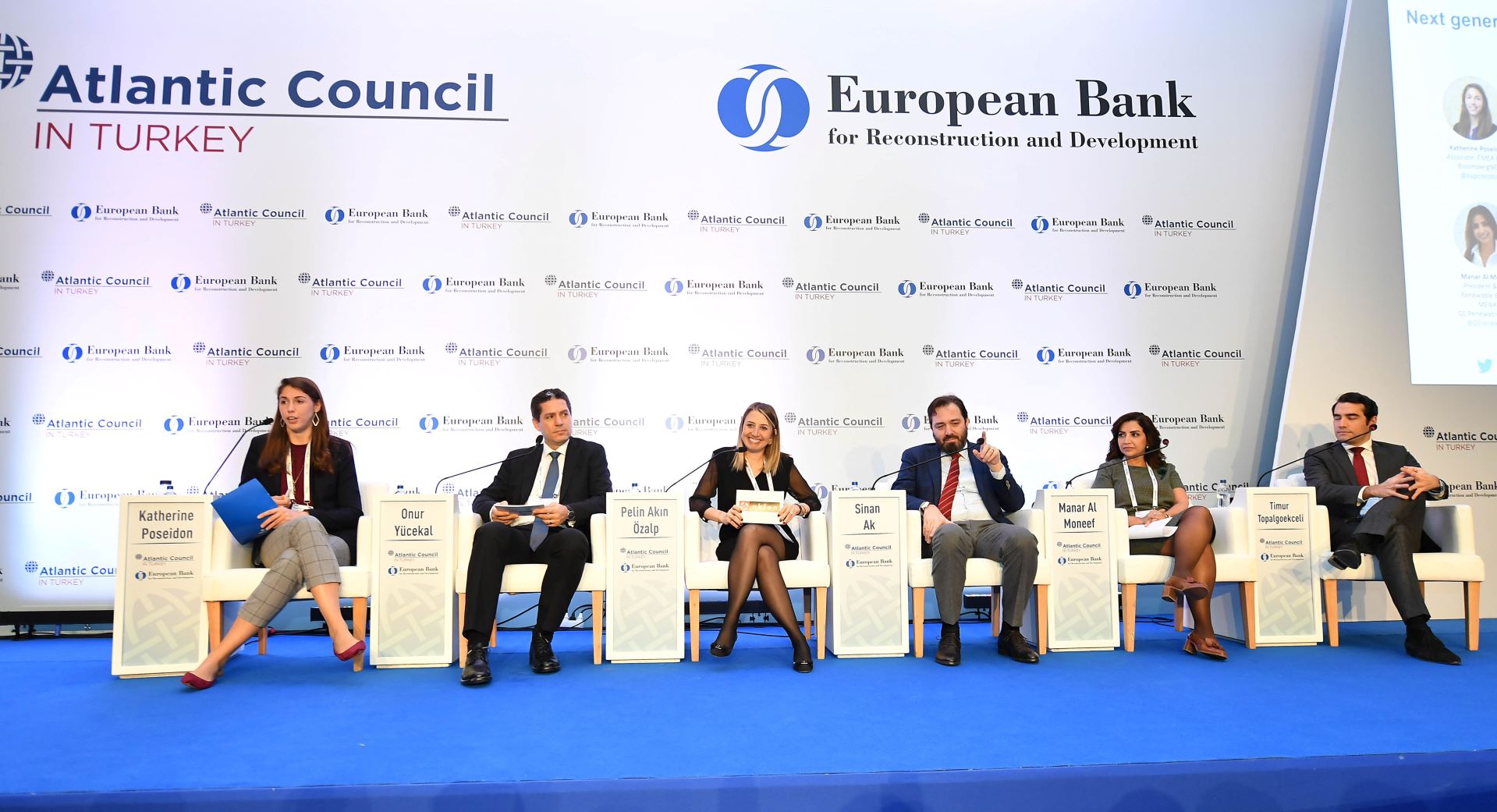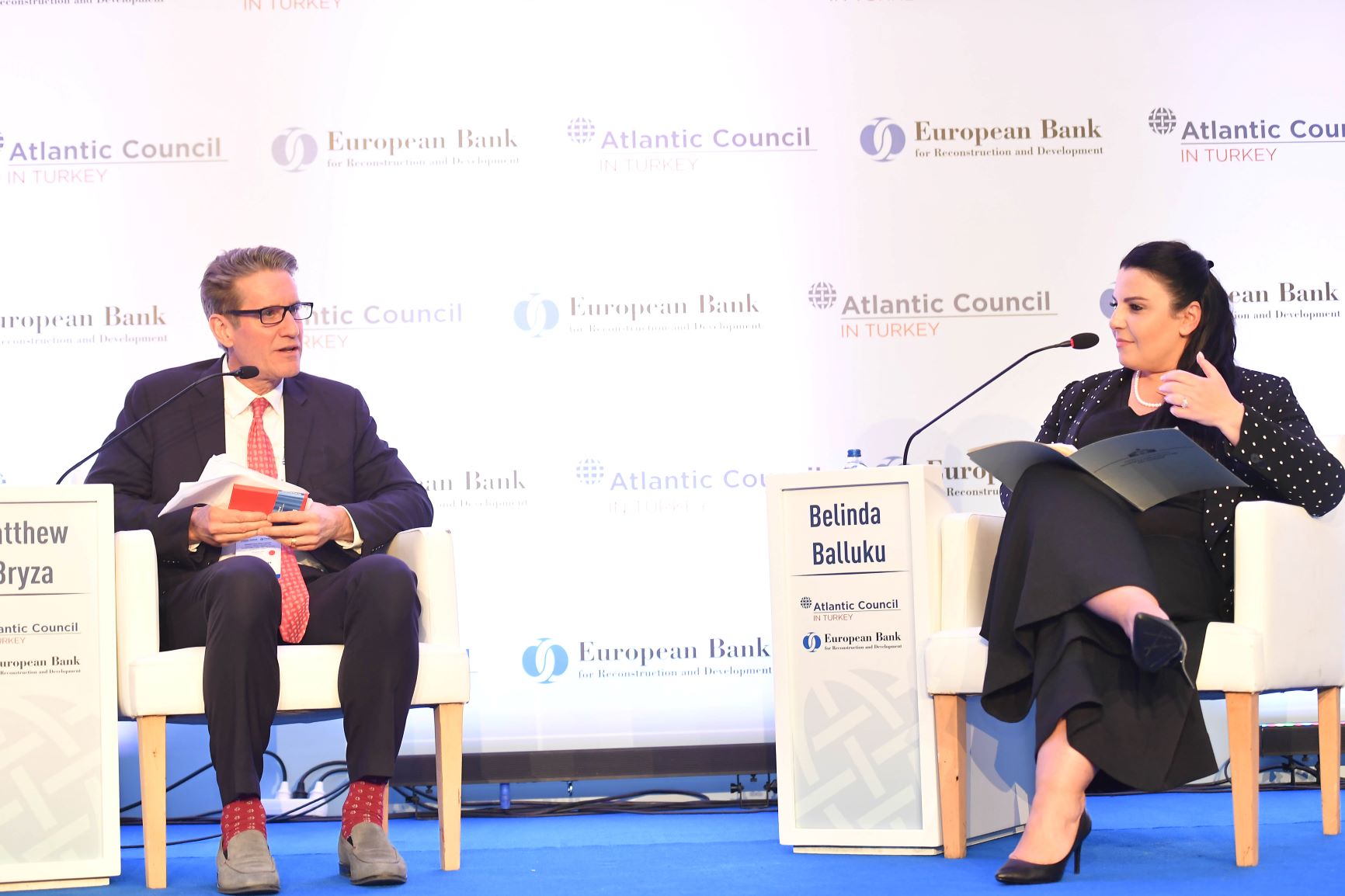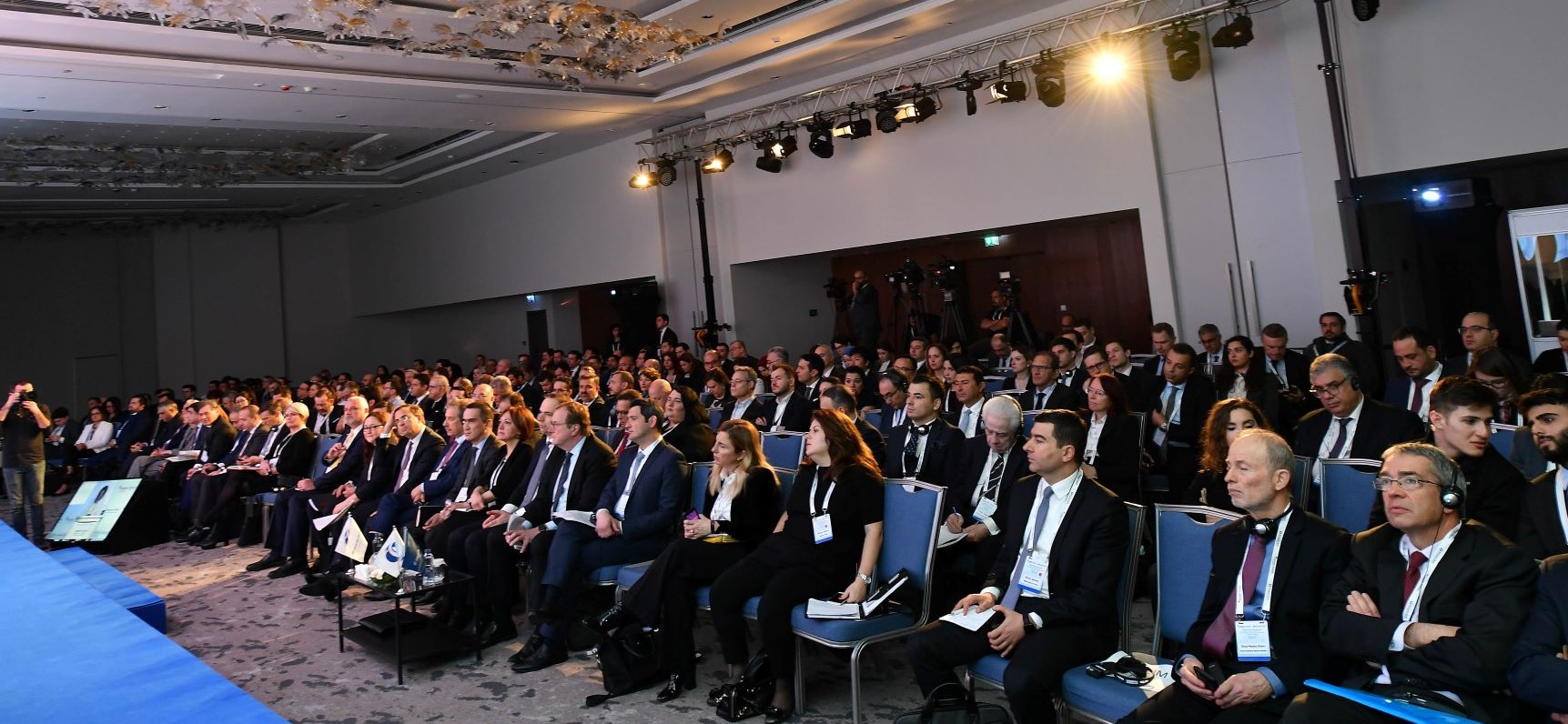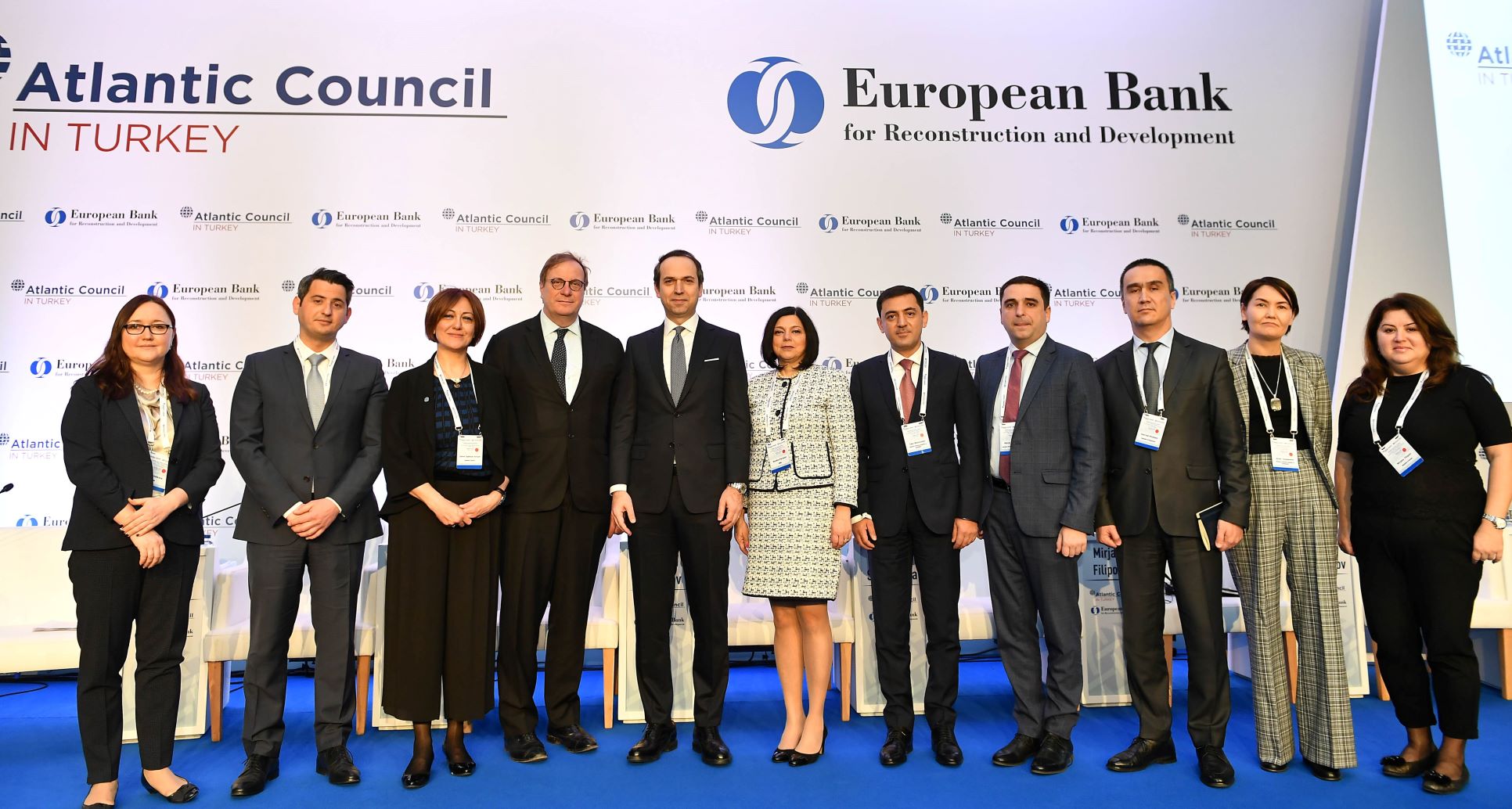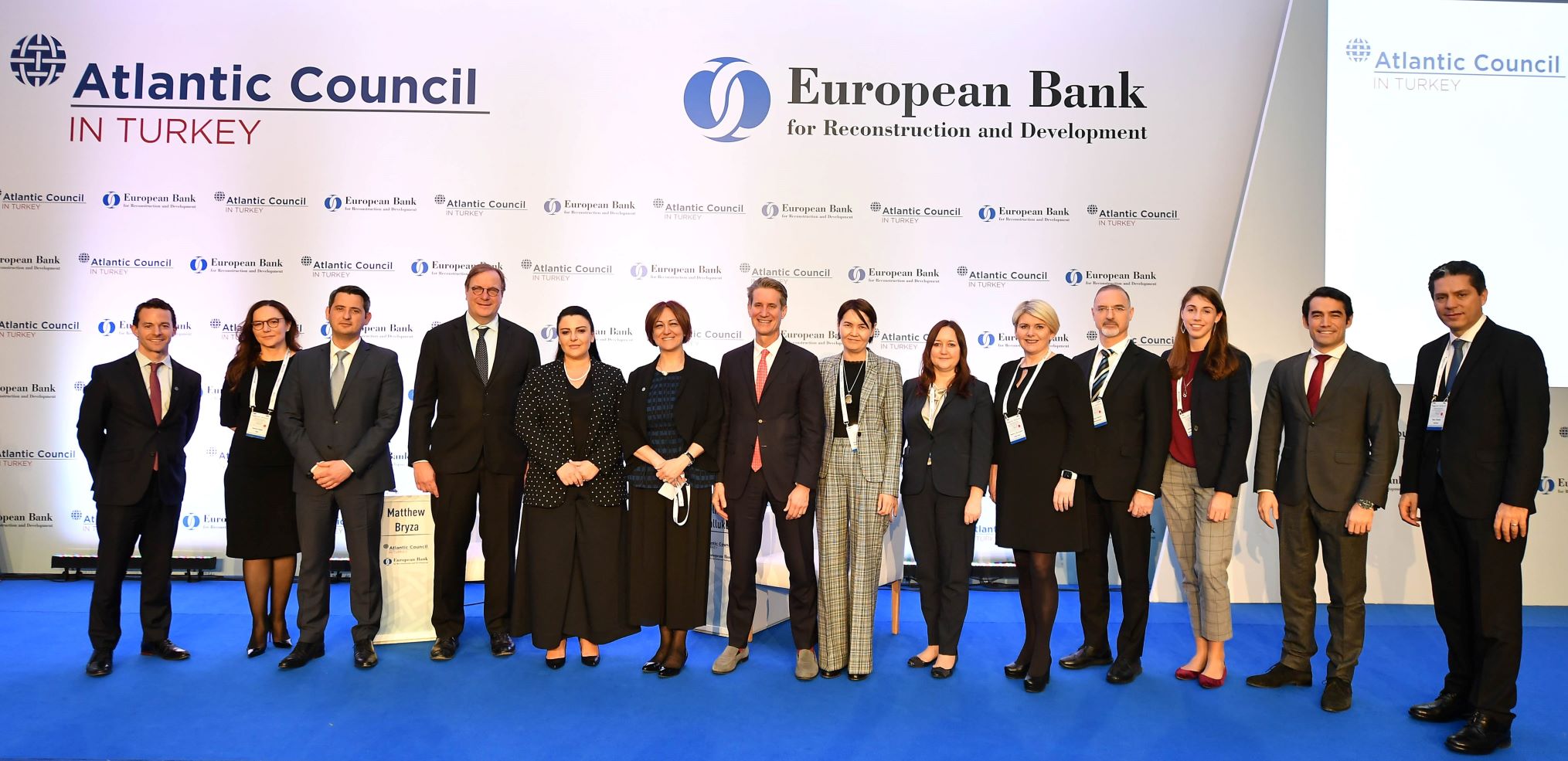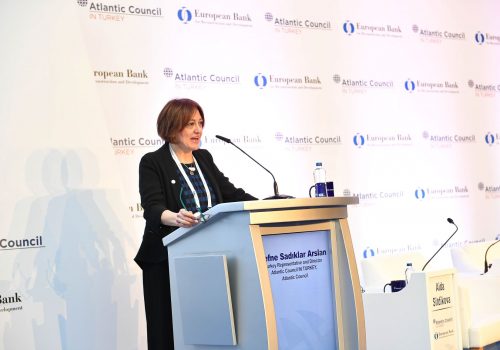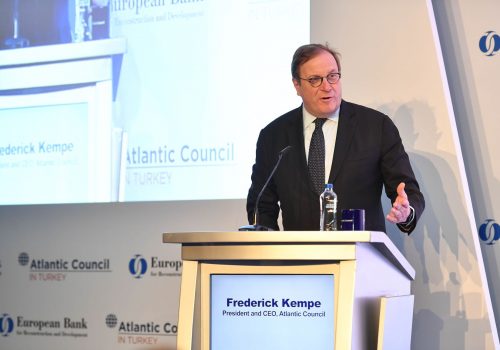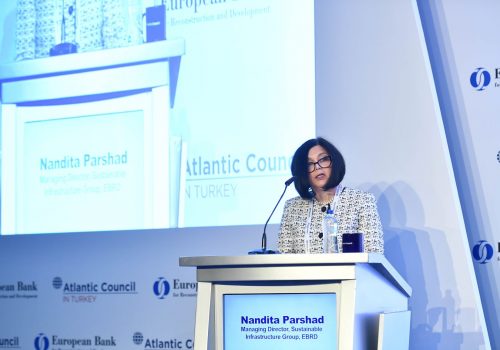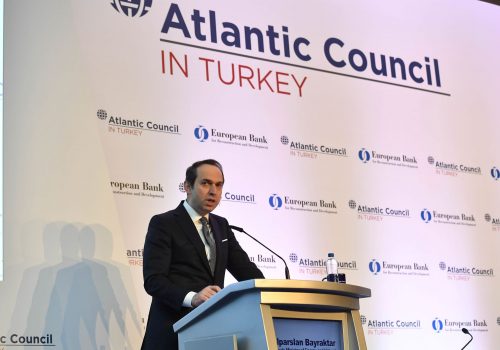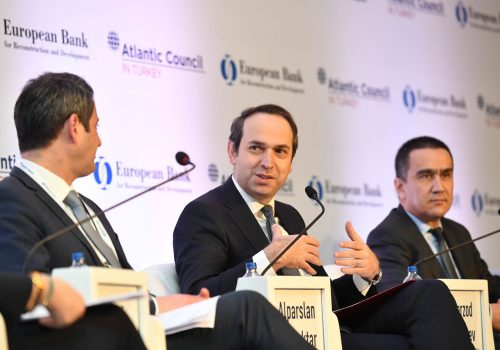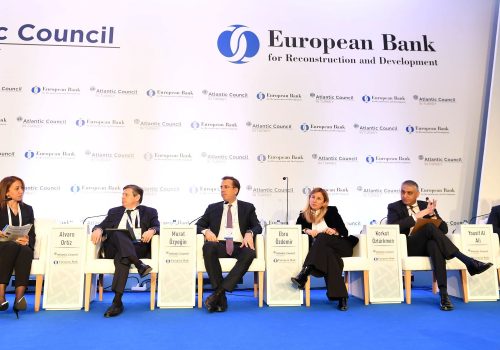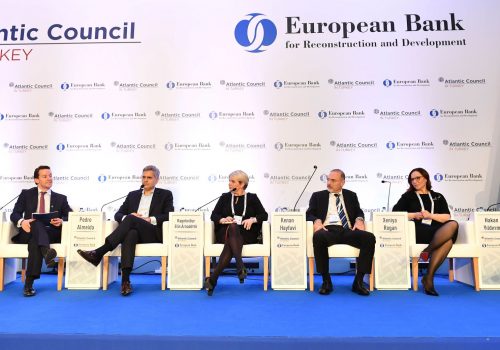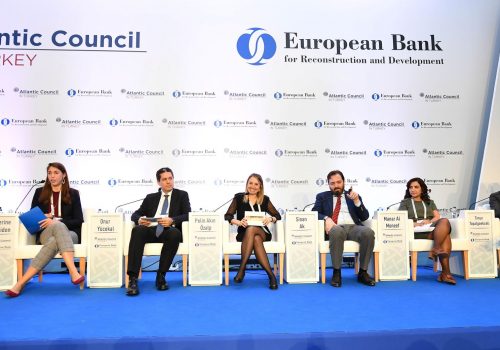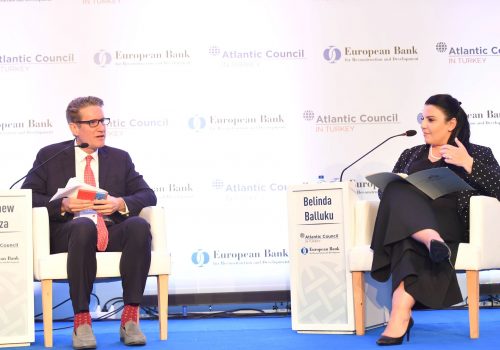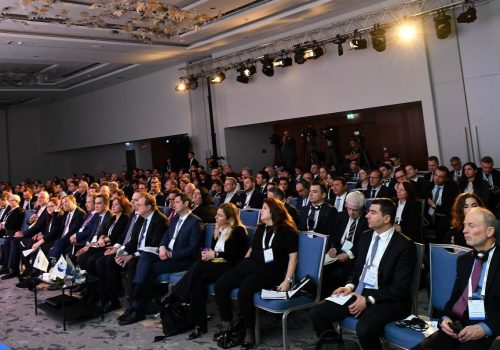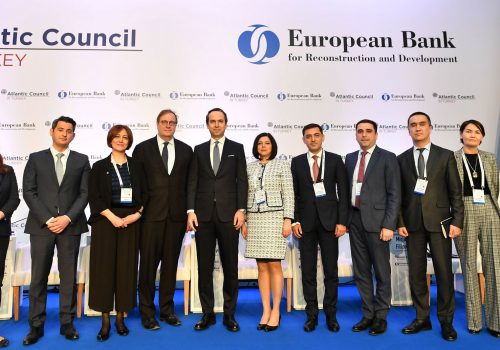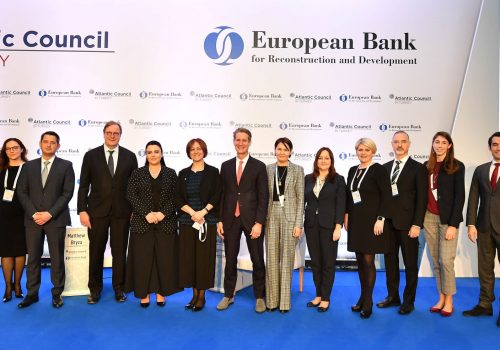Day 1
Day 2
About the conference
On October 10-11, the Atlantic Council IN TURKEY Program hosted the Regional Clean Energy Outlook Conference in Istanbul, together with the Atlantic Council Global Energy Center (GEC) and in partnership with the European Bank for Reconstruction and Development (EBRD). The conference gathered ministers, deputy ministers and high level representatives from nine regional countries plus the United States and European Union and a total of 41 speakers from 22 countries to discuss the clean energy transition ahead of COP27.
The conference started on the afternoon of October 10, with an audience of high-level representatives from government, business and civil society. After opening remarks from Atlantic Council IN TURKEY senior director Defne Arslan, where she set the scene by noting the “unprecedented uncertainty” in the energy world which requires an urgent and profound rethinking, Arvid Tuerkner, Turkey Managing Director for EBRD remarked to the conference that amid energy security vulnerabilities following Russia’s invasion of Ukraine, “clean energy matters more than ever”.
Arslan moderated the conference’s opening panel on the implications of geopolitical volatility to the energy transition, which expanded on how Russia’s war can potentially accelerate decarbonization. Olga Bielkova, director for corporate and international affairs for the Gas TSO of Ukraine, spoke on the challenges of providing Ukrainians with heat and power despite “very difficult circumstances for our workers.” Even amid war, Ukraine continues to strengthen European energy security through electricity exports and gas transit; “if we do not find a way to make Ukraine a key solution”, to Europe’s energy challenges, Bielkova added, “we will continue to see problems arising”. Matthew Baldwin, deputy director-general for energy at the European Commission, vowed to leverage EU support to help Ukraine “build back better” for the green transition. Baldwin outlined the REPowerEU plan’s objective to address “an eternal triangle” of energy security, affordability, and sustainability, by diversifying energy sourcing, reducing gas demand, and accelerating the green transformation in order to eliminate Russia’s energy leverage over Europe and combat the impacts of climate change.
The following panel focused on the role nuclear reactors can play in sustainably meeting electricity demand in developing countries, and was moderated by GEC deputy director Olga Khakova. Ana Birchall, special envoy for strategic and international affairs at Romania’s Nuclearelectrica, explained the role small modular reactors will play in Romania’s energy system, while André Pienaar, founder and chief executive of C5 Capital, noted the need for secure nuclear supply chains given Russia’s increasing influence over nuclear energy resources.
GEC Founding Chairman Ambassador Richard L. Morningstar reflected on Turkey and the Caspian region’s role in diversifying energy supplies to Europe, a process in which he himself played a significant role. Recalling the doubts over the feasibility of the Baku-Tbilisi Ceyhan oil pipeline and Southern Gas Corridor, Ambassador Morningstar remarked that, as the region accelerates its energy transition to meet climate and security goals, “even against long odds, this region has a proven track record of making the impossible, possible.”
The next panel, on financing the phase-out of coal, explored the importance of just energy transition policies in advancing climate action. Birol Ergüven, CEO of Limak Energy, noted that moving away from the highest-polluting energy sources towards more efficient clean energy lay at the heart of that transition. Aida Sitdikova of EBRD added that increasingly, renewables no longer need subsidies, and that decarbonization “is where the market is going.”
The day’s final panel covered the role of the energy transition in Eastern Mediterranean energy security, exploring the intersection of geopolitics and climate mitigation in the region. Berris Ekinci, director general for energy and environment at the Turkish foreign ministry, “huge potential in our region for the development of renewable energy,” and that expanding renewable capacity “could be a crucial area for cooperation” among East Med states. US Deputy Assistant Secretary of State Erika Olson added that, in securing short-term energy demand, “we must not lose sight of where we want to be in 30 years,” being sure to sustain momentum towards the energy transition. The day ended with keynote remarks from Ambassador Mary Burce Warlick, deputy executive director of the International Energy Agency, who emphasized the role clean technology can play in combating energy poverty if the right financing policies are put into place.
The second day of the conference began with welcoming remarks from GEC senior director Landon Derentz, which lead to keynote remarks from US Assistant Secretary of State for Energy Resources, Ambassador Geoffrey Pyatt, who participated in the conference in his first trip abroad as US Assistant Secretary of State for Energy Resources. Pyatt emphasized that Russia’s weaponization of energy “has proven for all time that it will not be a reliable supplier of energy” and promised to support US allies in their energy diversification efforts. Turkish Deputy Minister of Energy Alparslan Bayraktar followed by highlighting the compatibility between climate mitigation efforts—such as Turkey’s pledge to become carbon-neutral by 2053—with energy security goals. The keynotes were followed by a closed-door ministerial gathering regional ministers, deputy ministers and US policymakers, while a concurrent opening panel explored how the circular economy can contribute to climate objectives.
The first panel of conference day two focused on the circular economy, a critical element in achieving UNDP sustainable development goals. Irina Ghaplanyan touted the need for “deep incentives” in pursuit of circular economy models. “Climate change, decarbonization, circularity… have to be overarching goals and strategies” of all institutions, she said, stressing the need for a structural approach. Emrah Durusut, senior partner at Xynteo underlined some the challenges toward a thorough transformation, saying there are “too many incentives prioritizing short-term value over long term value” for both politicians with an eye towards the next election, and business leaders with an eye to their next earnings report. He stressed the need to engage with broader society to push the necessary measures in a more meaningful way.
Concurrent to the opening panel, the Atlantic Council and EBRD jointly hosted a closed ministerial session, convening all regional ministers and deputy ministers, plus high-level representatives from the United States, moderated by Aida Sitdikova together with AC in Turkey senior Director Defne Arslan. Ministerial participants discussed climate and energy goals ahead of the upcoming COP27 and brainstormed cooperative regional green solutions to overcome energy security and climate challenges.
Following a break for lunch, the next two panels, hosted by EBRD, gathered ministers and deputy ministers from the Balkans and Eastern Europe and from Central Asia and the Caucasus, respectively to discuss the clean energy progress in their countries and regions.
Underlining the challenging environment in the energy world, particularly in Europe, North Macedonian Minister of Environment and Physical Planning Naser Nuredini stressed that “the imminent future is unfortunately a lot more challenging than the 2030 targets” committed to. While it remains committed to global and European Union climate targets in the long term, the current circumstances require immediate attention, he continued. Azerbaijan’s Deputy Minister of Energy Elnur Soltanov stressed the need for regional cooperation and interconnectivity, arguing that “energy systems are more resilient as they are more interconnected”. Expounding on this point, Tajikistan’s Deputy Minister of Energy Sorbon Kholmuhamadzoda noted that “we are always open for cooperation. Not only for the interconnection for the grids. We are open for the implementation and projects on hydro”.
The next panel featured a discussion on clean energy technologies and financing mechanisms, moderated by Atlantic Council IN TURKEY Nonresident Fellow Eser Özdil. Clean Air Task Force Senior Director for Europe Lee Beck stressed that decarbonization is really about system retransformation” and requires rethinking fuel and electricity markets. While much of the focus remains on the developed world, she reminded that “we need to remember that a clean Europe and clean US is not the end game, it’s the beginning” and underlined the need to work with developing and emerging economies.
The conference’s final panel focused on hydrogen’s role in the clean energy transition. David Livingston, Senior Advisor to the US Special Presidential Envoy for Climate underlined the promising role hydrogen can play in the clean energy transition but stressed that it needs support, which the United States is committed to providing, to be deployed at scale and requires robust public-private partnership. “The cheaper that we make clean hydrogen through US leadership over this decade, the faster that the world, including the developing world, will be able to decarbonize in a prosperous and competitive way”, he continued.
Following the final panel, Atlantic Council President and CEO Frederick Kempe and Atlantic Council IN TURKEY Senior Director Defne Arslan closed the conference. Kempe thanked Regional Clean Energy Outlook strategic partner C5 Capital for it’s integral support for the conference, as well as all Atlantic Council IN TURKEY and Atlantic Council Global Energy Center partners. In his remarks, Kempe identified energy as a critical faultline in the new global order arising in the aftermath of Russia’s invasion of Ukraine and stressed the pressing need to reinvigorate the energy transition to reshape the energy system.
—Conference recap by Grady Wilson and Paddy Ryan
Takeaways from conference ministerial: Regional implications of the Paris Agreement, European Green Deal, and COP27
*Written in cooperation with EBRD
On October 11, 2022, the Atlantic Council and European Bank for Reconstruction and Development organized a ministerial featuring high-level officials from Eastern Europe and the trans-Caspian region on the sidelines of the Atlantic Council’s Regional Clean Energy Outlook Conference in Istanbul. The ministerial, hosted and moderated by Atlantic Council IN TURKEY Senior Director Defne Arslan and Aida Sitdikova, Director for Energy Eurasia, Middle East and Africa at the Sustainable Infrastructure Group, addressed the regional implications of the Paris Agreement, European Green Deal, and COP27.
During the discussion, the participants, hailing from nine countries plus the United States, recommitted to the ambitious 2030 and 2050 climate targets outlined in the Paris Climate Agreement. At the same time, several participants identified Russia’s war in Ukraine and the fallout it has had on energy markets as creating an increasingly challenging environment for reducing carbon emissions, forcing countries to switch to higher-polluting fossil fuels like coal in the short-term to maintain security of supply.
Key Themes
- Importance of energy diversification
- Deepening regional energy cooperation and interconnection
- Exploring emerging technologies such as SMRs and green hydrogen
- Natural gas as a transition fuel
- Importance of energy efficiency to meet climate targets
- New investment and financing mechanisms
Participants recognized the environmental, economic, and strategic imperatives for accelerating long-term clean energy deployment. While each country’s energy development and opportunities are unique, several common themes emerged from the discussion.
Participants highlighted the need to diversify the energy mix to strengthen security of supply while maintaining climate commitments. Closely linked is the need to deepen regional cooperation, which officials stressed would enable greater diversification. Integrating transmission and storage systems can balance power grids as they come to utilize increasing shares of intermittent energy sources, while also providing a market for large-scale renewable deployment throughout the region. Several participants also noted the economic opportunity created by exporting clean energy to neighboring countries, enabling economic growth and good cross-border relations.
In the medium to long term, many countries expressed interest in harnessing emerging technologies such as small modular reactors (SMRs) and green hydrogen to reduce emissions. While a contentious topic in some parts of Europe, nuclear energy is seen by a number of countries as a reliable and carbon-free source of energy which can play an important role in the future energy system.
The shock to energy markets caused by Russia’s invasion of Ukraine was another recurring topic. Several participants noted the need to diversify away from Russian gas. At the same time, however, in the medium term, many participants stressed that natural gas will continue to be an important transition fuel in the region, particularly as many countries seek to phase out carbon-intensive and polluting coal.
Supplementing the range of efforts to boost clean energy, all participants also identified the importance of energy efficiency initiatives to reduce primary energy demand.
To achieve the ambitious vision outlined at the ministerial, all participants highlighted the need for external support from international financial institutions and partners. Participants discussed how public-private partnerships can be foundational for advancing large projects.
Next Steps
To attract the necessary investment, countries in the region will need to advance market reforms to liberalize their energy sectors and develop competitive support schemes to promote clean energy.
The United States and European Union can play a key role in the region’s energy transition. Beyond the sharing of emerging technologies from SMRs to hydrogen and carbon capture, utilization, and storage, Western technical assistance to modernize and digitalize the grid will be crucial as more and more sources of renewable energy come online.
Western support for the region’s energy transition underpins the dual goals of energy security and climate agenda. Encouraging the regional energy transition advances US and EU climate and energy security objectives in tandem.
Conference Agenda
DAY ONE (Monday, October 10, 2022)
11:30 a.m. Registration and networking coffee begins
1:15 – 1:30 p.m. Welcoming Remarks
Defne Sadıklar Arslan, Turkey Representative and Senior Director, Atlantic Council IN TURKEY, Atlantic Council
Arvid Tuerkner, Managing Director for Turkey, European Bank for Reconstruction and Development
1:30 p.m. Implications of Geopolitical and Energy Market Volatility to the Clean Energy Transition
Geopolitical crises, primarily the Russia-Ukraine War, have roiled energy markets in 2022 causing a spike in oil and gas prices, supply disruptions, and rising inflation. For many countries, the volatility, coupled with political concerns, have underscored the need to decarbonize energy systems and diversify fossil fuel supplies in the interim. In many cases, however, the short-term political imperative of finding reliable and acceptable sources of energy are beginning to conflict with the long-term and urgent goal of decarbonization, the result being a lack of action and progress toward an energy transition.
Matthew Baldwin, Deputy Director-General, Directorate-General for Energy, European Commission
Olga Bielkova, Director on Corporate and International Affairs, Gas TSO of Ukraine
Ana Palacio, Board Director, Atlantic Council & Former Minister of Foreign Affairs of the Kingdom of Spain
Moderator: Defne Sadıklar Arslan, Turkey Representative and Senior Director, Atlantic Council IN TURKEY, Atlantic Council
2:30 p.m. How to apply nuclear reactors in the developing needs of developing countries
With global electricity demand projected to double by 2050, the nuclear industry is seeking a new approach to designing, building, and commercializing nuclear energy technologies. Small modular reactors (SMRs) hold the potential to help decarbonize the power sector and can also aid in decarbonizing several hard-to-abate sectors including desalination, process heat, and synthetic fuels production. With lower capital costs and smaller geographic footprints than traditional light water reactors, SMRs can play a crucial role in meeting electricity demand from developing countries, which are projected to account for 90 percent of global electricity demand growth to 2040.
Ana Birchall, Special Envoy for Strategic and International Affairs, Nuclearelectrica
Serdar Çetinkaya, Deputy Commercial Attache, Energy and Mining, U.S. Embassy Ankara
André Pienaar, Founder and Chief Executive, C5 Capital
Moderator: Olga Khakova, Deputy Director for European Energy Security, Global Energy Center, Atlantic Council
3:45 p.m. Keynote Remarks by Richard L. Morningstar, Founding Chairman, Global Energy Center, Atlantic Council & Former US Ambassador to the European Union and Azerbaijan
4:00 p.m. Financing the Phase-out of Coal
At the core of climate goals and the energy transition is the need to quickly move away from the most polluting sources of energy, such as coal, to clean and more efficient resources. In many countries, however, coal remains an important component in the energy mix for political, economic, and societal reasons. The panel will discuss the opportunities and challenges ahead for phasing coal out of the energy mix and how to balance the calculus behind decision making while including factors from energy security to financing. The discussion will also highlight progress made through initiatives such as the Just Energy Transition Partnership (JETP) with South Africa
Neil Cole, Finance Specialist, Just Energy Transition Partnership (JETP) Secretariat
Birol Ergüven, CEO, Limak Energy
Aida Sitdikova, Director Energy Eurasia, Middle East and Africa, Sustainable Infrastructure Group, European Bank for Reconstruction and Development
Ainur Sospanova, Member of the Board, Qazaq Green Association
Moderator: Matthew J. Bryza, Regional Director, Ballard Partners
4:45 p.m. The Role of the Energy Transition in Eastern Mediterranean Energy Security
Adoption of renewables in the Eastern Mediterranean has been increasing over the last few years, and can be backed up by natural gas—substantial resources of which have been discovered throughout the region. With energy security at center stage, however, countries throughout the East Med should prioritize additional development of its natural gas and renewable resources, with solar energy in particular at the forefront. Not only will these efforts result in greater energy security, they will also contribute to regional stability
Berris Ekinci, Director General for Energy and Environment, Ministry of Foreign Affairs, Republic of Turkey
Charles Ellinas, Nonresident Senior Fellow, Global Energy Center, Atlantic Council
Ariel Ezrahi, Nonresident Senior Fellow, Middle East Programs, Atlantic Council; Former Director of Energy at the Office of the Quartet
Erika Olson, Deputy Assistant Secretary, Bureau of European and Eurasian Affairs, US Department of State
Moderator: Harry Tzimitras, Nonresident Senior Fellow, Global Energy Center, Atlantic Council
5:45 p.m. Keynote Remarks by Mary Burce Warlick, Deputy Executive Director, International Energy Agency
DAY TWO (Tuesday, October 11, 2022)
8:30 a.m. Registration and networking coffee
9:30 a.m. Keynote Remarks
Landon Derentz, Senior Director, Global Energy Center, Atlantic Council
Geoffrey R. Pyatt, Assistant Secretary of State for Energy Resources, US Department of State
Alparslan Bayraktar, Deputy Minister of Energy and Natural Resources, Republic of Turkey
10:10 a.m. Circular Economy and Financing Models
The United Nations Development Program’s Human Development Report 2020 highlighted the need to innovate and implement the transition to a circular economy to achieve the UN’s Sustainable Development Goals. Circular economy strategies aim to reduce overconsumption, design out waste, restore and regenerate ecosystems and natural capital, and require fundamental changes in production and consumption systems and advances in technology. Many of these strategies are already on the horizon, creating a significant opportunity for a circular carbon economy to reach carbon neutrality.
Naci Can, Project Finance & Treasury Director, Çalık Enerji
Emrah Durusut, Senior Partner, Xynteo
Irina Ghaplanyan, Senior Advisor on Climate Change, World Bank Group & Atlantic Council Millennium Leadership Fellow
Moderator: Gianpiero Nacci, Acting Director for Green Economy and Climate Action, European Bank for Reconstruction and Development
1:00 p.m. EBRD Panel 1: Clean Energy Outlook for Central Asia and the Caucasus
The Clean Energy Outlook looks bright for Turkey and nearby countries in Central Asia and the Caucasus, as they become more aware of the necessity and benefits of the transition to clean energy. By increasing the usage of renewable energy, governments can meet climate goals, enhance energy security, and reduce the cost of electricity to consumers. This can be done by developing a long-term strategy for scaling up renewable energy, establishing clear targets and signals for investors, creating an enabling regulatory environment, and accelerating the adoption of emerging technology. However, there are challenges that should be addressed to ease the transition to a clean energy system—these include the need to raise public awareness, overcome the dominance of hydrocarbons, strengthen grid capacity to absorb intermittent renewables, tackle growing supply costs and disruptions in supply chains, and mobilize sources of capital.
Sherzod Khodjaev, Deputy Minister of Energy, Republic of Uzbekistan
Sorbon Kholmuhamadzoda, Deputy Minister of Energy and Water Resources, Republic of Tajikistan
Romeo Mikautadze, Deputy Minister of Economy and Sustainable Development, Georgia
Elnur Soltanov, Deputy Minister of Energy, Republic of Azerbaijan
Ainur Sospanova, Member of the Board, Qazaq Green Association
Taalaibek Tolubaev, Deputy Minister of Energy, Kyrgyz Republic
Moderator: Aida Sitdikova, Director Energy Eurasia, Middle East and Africa, Sustainable Infrastructure Group, European Bank for Reconstruction and Development
2:15 p.m. EBRD Panel 2: Clean Energy Outlook for Balkans and Eastern Europe
Clean Energy Outlook looks hopeful for the future of Turkey, the Western Balkans, and Eastern Europe, as they become more aware of the necessity and benefits of the transition to clean energy. By increasing the usage of renewable energy, governments can meet climate goals, enhance energy security, and reduce the cost of electricity to consumers. This can be done by developing a long-term strategy for scaling up renewable energy, establishing clear targets and signals for investors, creating an enabling regulatory environment, and accelerating the adoption of emerging technology. However, there are challenges that should be addressed to ease the transition to a clean energy system—these include the need to raise public awareness, overcome the dominance of hydrocarbons, strengthen grid capacity to absorb intermittent renewables, tackle growing supply costs and disruptions in supply chains, and mobilize sources of capital.
George Sergiu Niculescu, Secretary of State, Ministry of Energy, Romania
H.E. Naser Nuredini, Minister of Environment and Physical Planning, Republic of North Macedonia
Moderator: Grzegorz Zielinski, Director, Head of Energy Europe, European Bank for Reconstruction and Development
3:30 p.m. Clean Energy Technologies and Financing Mechanisms
Technological advancement will continue to be one of the key driving forces behind the proliferation of clean energy across the globe, but ensuring sufficient investment to scale and deploy these technologies will be critical to realizing their potential impact in supporting a net-zero world. Panelists will discuss the impact of the latest developments in energy storage systems, batteries, electric vehicles, carbon capture, and small modular reactors (SMRs) on the energy transition.
Lee Beck, Senior Director, Europe, Clean Air Task Force & Nonresident Senior Fellow, Global Energy Center, Atlantic Council
Evren Evcit, Director of Zorlu Solar and Foreign Investments, Zorlu Enerji
Özgür Kartal, Business Development Director, IC Energy
Gianpiero Nacci, Acting Director for Green Economy and Climate Action, European Bank for Reconstruction and Development
Moderator: Eser Özdil, Nonresident Fellow, Atlantic Council IN TURKEY
4:30 p.m. Hydrogen: what role in the clean energy transition?
Hydrogen energy is a key component in the fight against climate change and in efforts to decarbonize energy systems. Implementing innovative hydrogen technologies will aid in the transition to a clean, sustainable, low-carbon energy system, but policy and financial tools are needed to realize hydrogen’s potential. To increase the use of hydrogen, governments should develop strategies and ways to cooperate across borders that will address significant challenges facing the fuel’s use in the energy transition.
Shuayb Ismail, Principal, Xynteo
Inbal Kan-Tor, Head of CCUS Business, Airovation Technologies
David Livingston, Senior Advisor, Office of the Special Presidential Envoy for Climate, USA
Mehmet Erdem Yaşar, Associate Director, Energy Eurasia, Middle East and Africa, Sustainable Infrastructure Group, European Bank for Reconstruction and Development
Moderator: Bina Hussein, Nonresident Fellow, Global Energy Center, Atlantic Council
5:30 p.m. Closing Remarks
Frederick Kempe, President and CEO, Atlantic Council
Confirmed Speakers
Previous Conference
The conference was the second cooperation between the Atlantic Council IN TURKEY and EBRD following a successful joint conference in February 2020 on regional renewable energy outlook.
Organized by

The Global Energy Center develops and promotes pragmatic and nonpartisan policy solutions designed to advance global energy security, enhance economic opportunity, and accelerate pathways to net-zero emissions.

The Atlantic Council in Turkey aims to promote and strengthen transatlantic engagement with the region by providing a high-level forum and pursuing programming to address the most important issues on energy, economics, security, and defense.
In partnership with
Interested in the conference?
To learn about partnership opportunities, attendance and media participation, please contact Grady Wilson at gwilson@atlanticcouncil.org and Paddy Ryan at pryan@atlanticcouncil.org.

